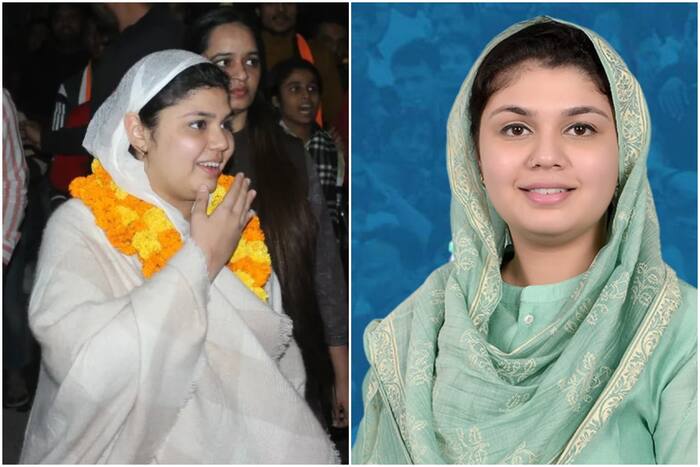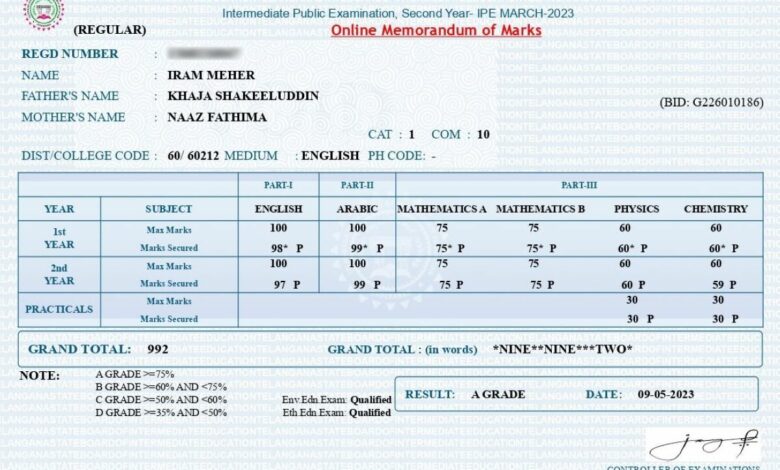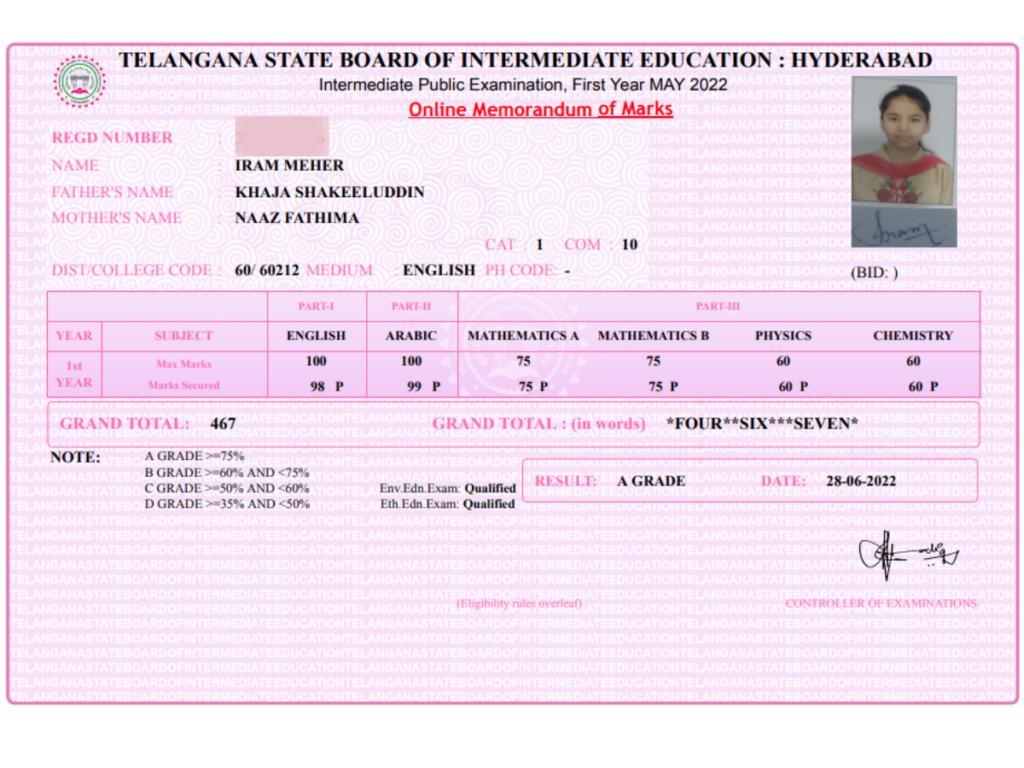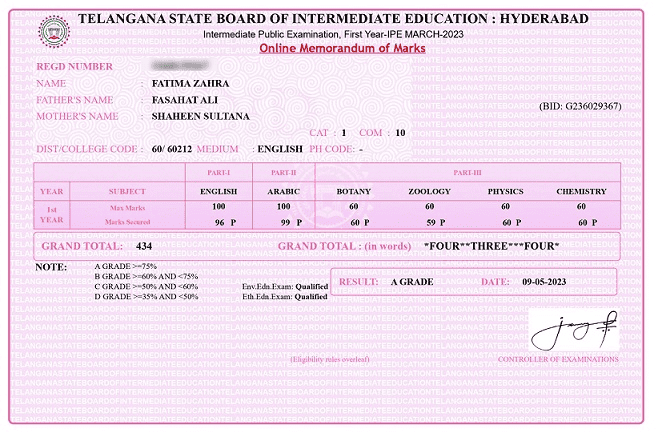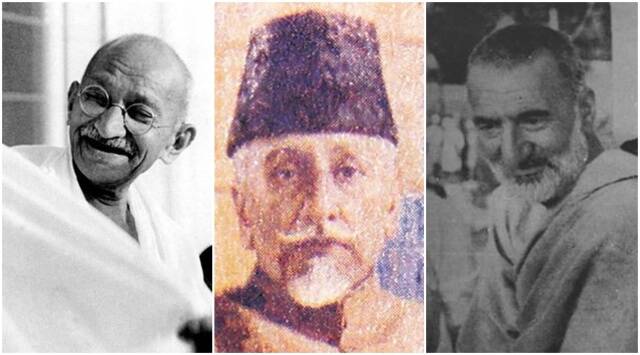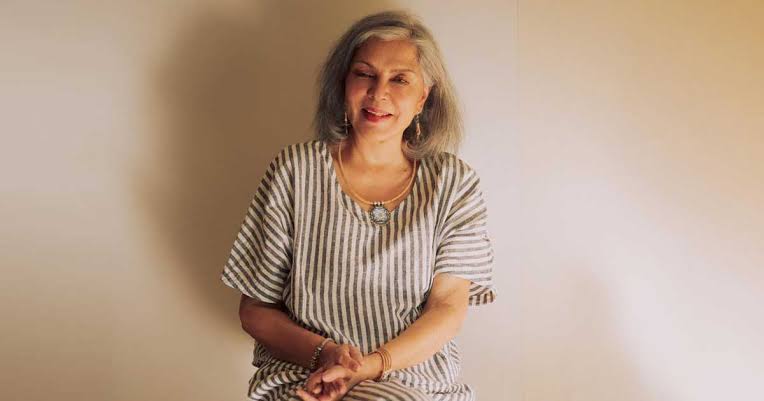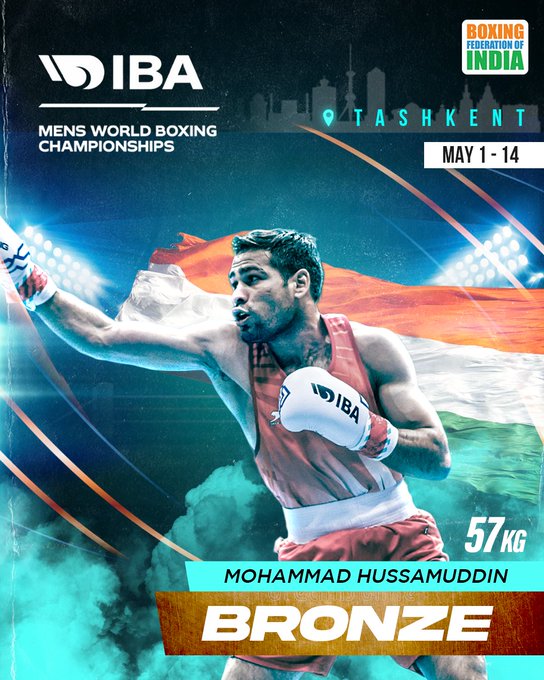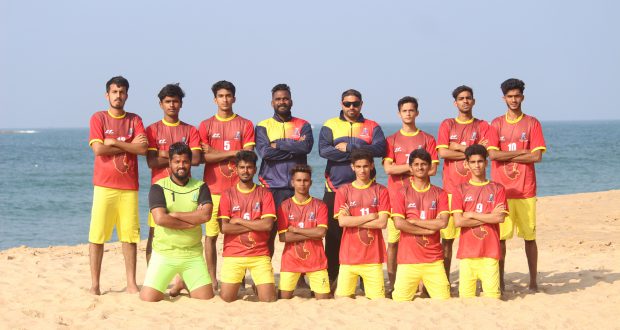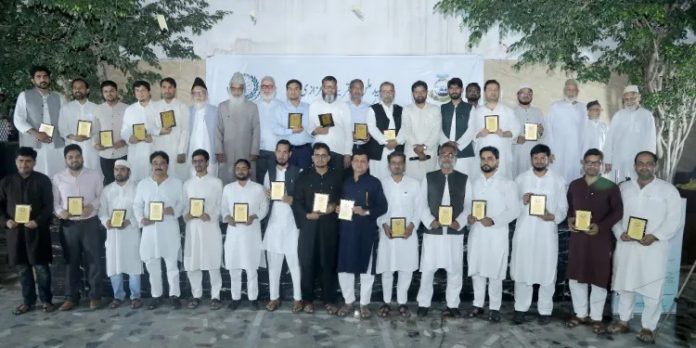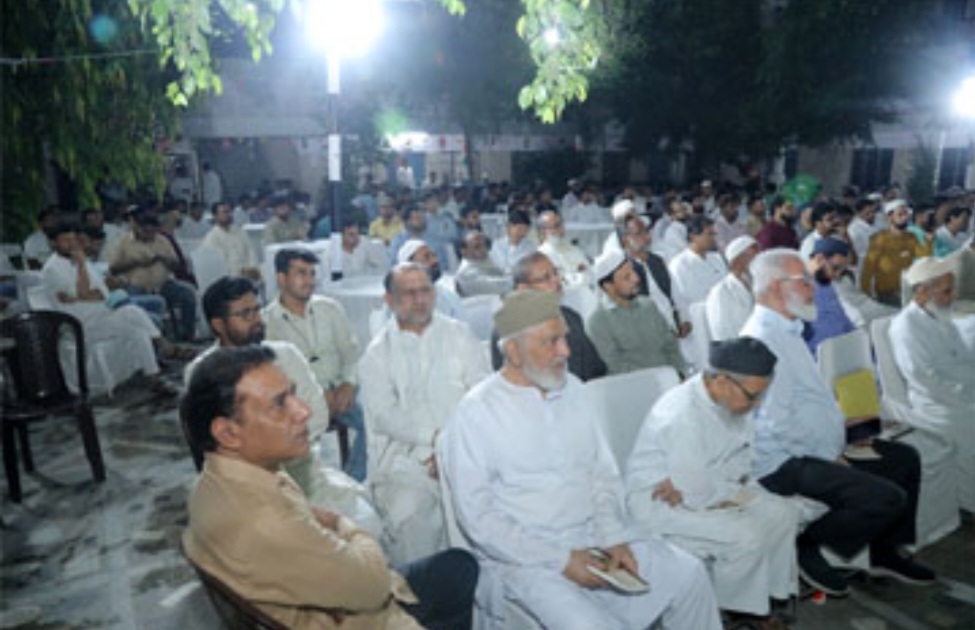Gulbarga, KARNATAKA:
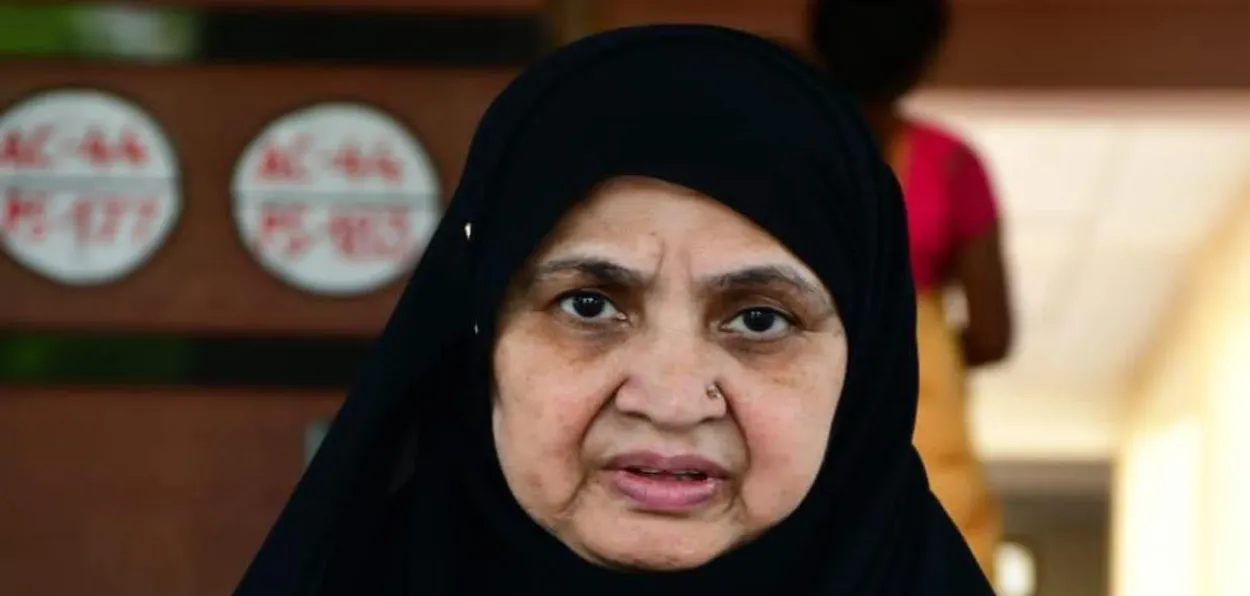
Kaneez Fathima, who played an active role in anti-Hijab movement in Karnataka, has again won from North Gulbarga in the Karnataka Legislative Assembly elections, the outcome of which saw Congress winning comfortably in the southern state.
She has defeated Lingayat youth leader Chandrakant Patil of BJP in a close fight.
Fathima secured 80,973 votes with a vote share of 45.28 per cent, while Patil got 78,261 votes making it one of the closest contests in the state.
She told local media that “Congress government will reverse the ban on wearing of hijab in schools and colleges.”
Fatima, 63, entered public life a few months before the 2018 Assembly Elections and after the death of her husband Kamrul Islam, who was a six-time minister and MLA.
Fathima had won earlier election with 5,940 votes and this time, it was a tough contest. In 2018, she was also pitted against 9 Muslim rivals, including Nasir Hussain of JD(S).
A Hijab wearing Kaneez Fathima had agitated against the Karnataka government’s ban on hijab inside the government institutions. The ban was upheld by the Supreme Court.
She was also at the forefront of the 2020 anti-CAA protests in Karnataka.
During the Hijab movement, Kaneez Fatima said that “wearing Hijab was a basic right. “In independent India, we have got the freedom to live freely. We cannot ask anyone questions about clothes. Girls should not be stopped from attending colleges on this issue,” he said.
The Gulbarga North has 60 percent Muslim population.
From the outcome of the Assembly elections, it’s clear that the polarization along religious lines does not benefit only one party. Other parties have also gained from it.
The Karnataka Legislative Assembly has 224 seats. The BJP was accused of creating a Hindu-Muslim divide during the campaigning. However, the Congress that won the election, seems to have been benefitted most due to this.
Interestingly, Karnataka’s education minister who was defending the move to ban hijab in colleges has lost the election.
In 1978, the maximum number of 16 Muslim candidates won the Karnataka assembly elections. After that this is the third time when a large number of Muslim candidates got victory in the elections.
Muslims constitute more than 13 percent of the total population in Karnataka. This time nine Muslims have been elected to the Karnataka Legislative Assembly, two more than the previsious time.
In 1978, there were 16 Muslim members in the Karnataka assembly.
Most Muslims who won elections are from the Congress party. The JD(S)’s 23 Muslim candidates lost their elections.
The Assaduddin Owaisi-led outfit AIMIM contested two seats and secured only 0.02 per cent of the votes and did not win.
There are at least 19 seats in Karnataka, where the Muslim vote is more than 30 percent.
The victorious Muslims are:
Asif (Raju) North Belgaum, he defeared BJP’s Ravi B Patil by 4231 votes.
Kaneez Fathima defeated BJP’s Chandrakant B Patil by 2712 votes.
Rahim Khan (congress) defeated Suryakant Nagamarpalli of JD(S) by 10780 votes and won from Bidar
Rizwan Arshad defeated BJP’s N Chandra by 23,194 votes From Shivajinagar
NA Haris defeated BJP’s K Shivakumar by 7125 votes from Shanti Nagar.
BAZ Jameer Ahmed Khan won Chamarajpet by defeating Bhaskar Rao of BJP by a margin of 53,953 votes.
HA Iqbal Hussain defeated Nikhil Kumaraswamy of JD(S) by 10715 votes From Ramanagaram
UT Khadar Fareed defeated BJP’s Satish Kumpala by 22790 votes from Mangaluru
Tanveer defeated BJP’s Satish Sandesh Swamy by 31120 votes from Narasimharaja.
source: http://www.awazthevoice.in / Awaz, The Voice / Home> Story / by Malick Asghar Hashmi, New Delhi / May 14th, 2023
